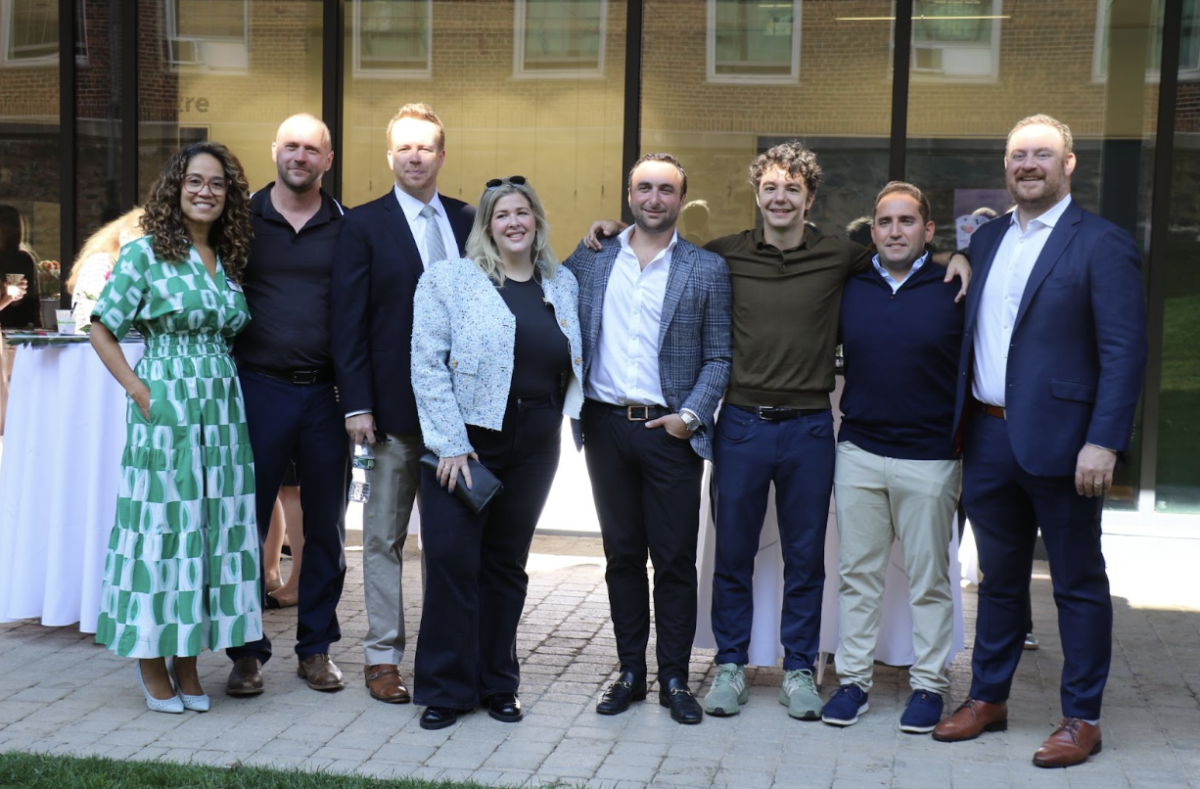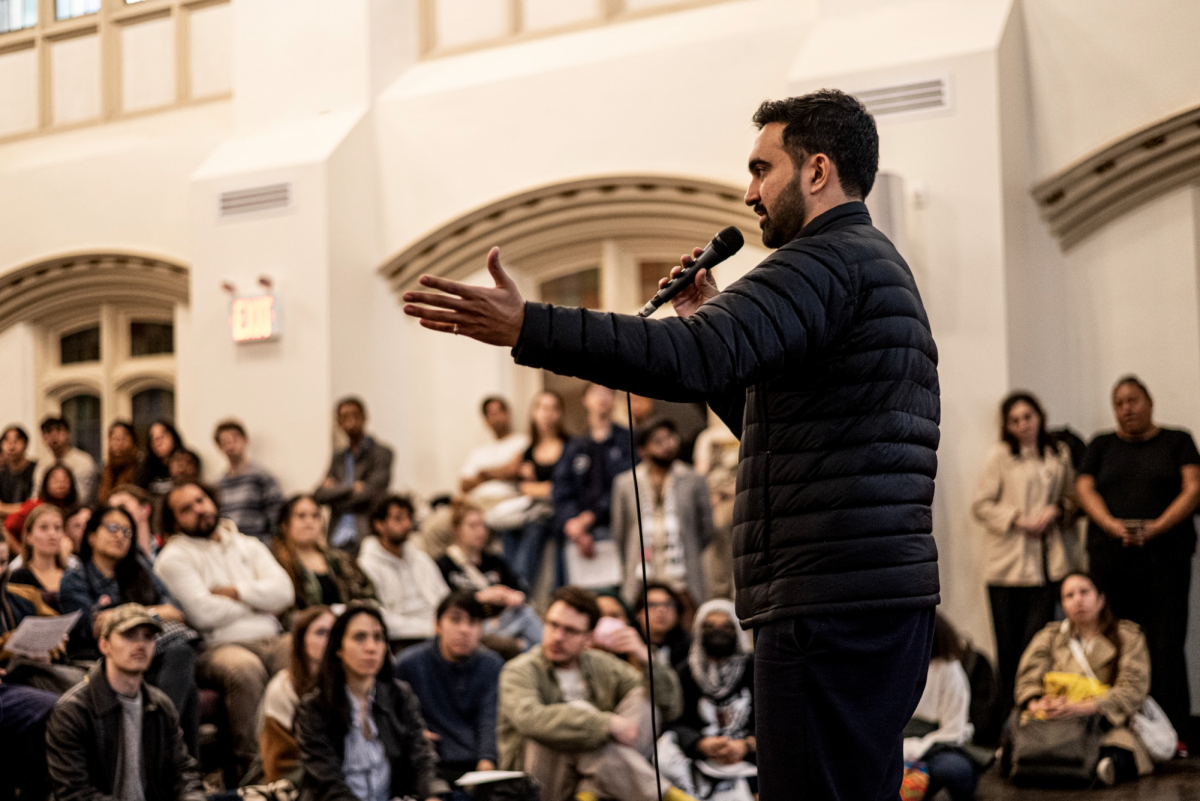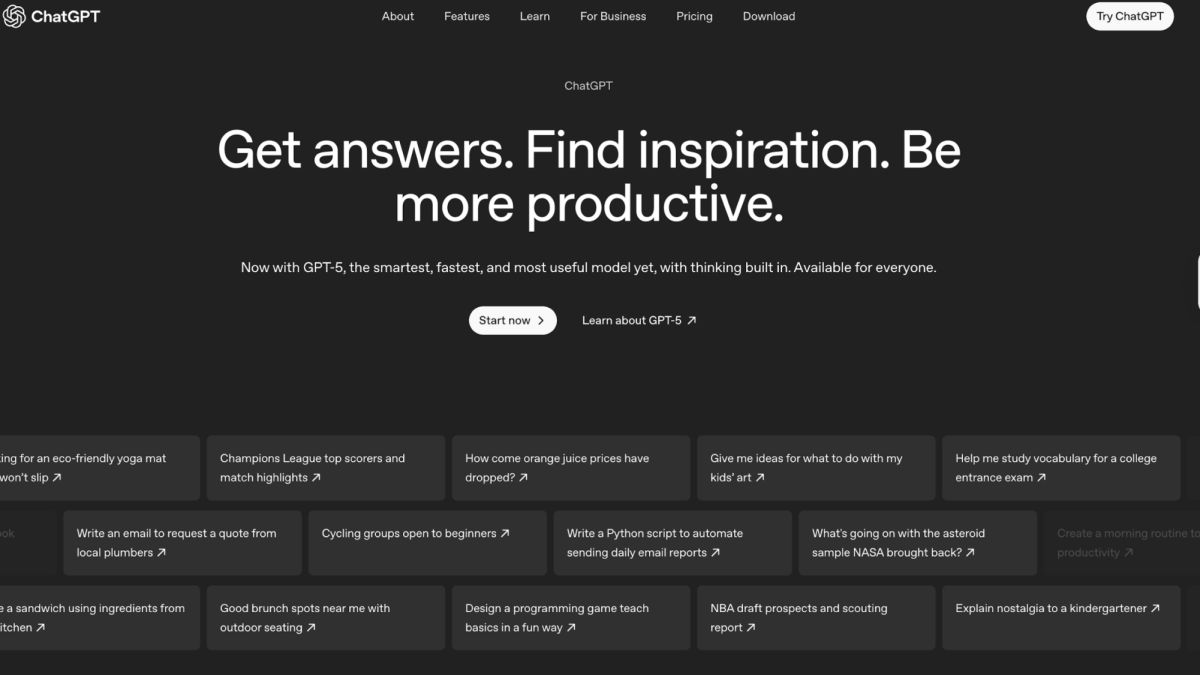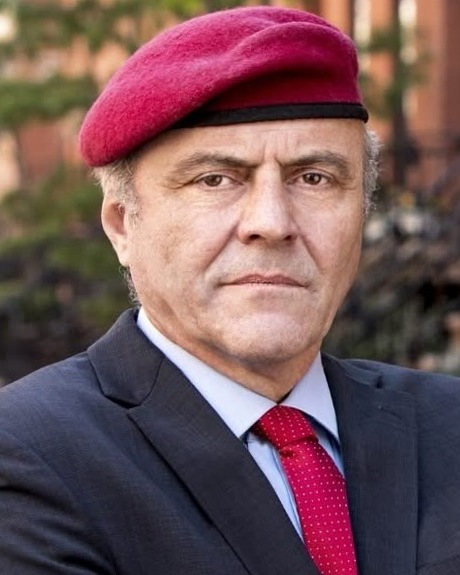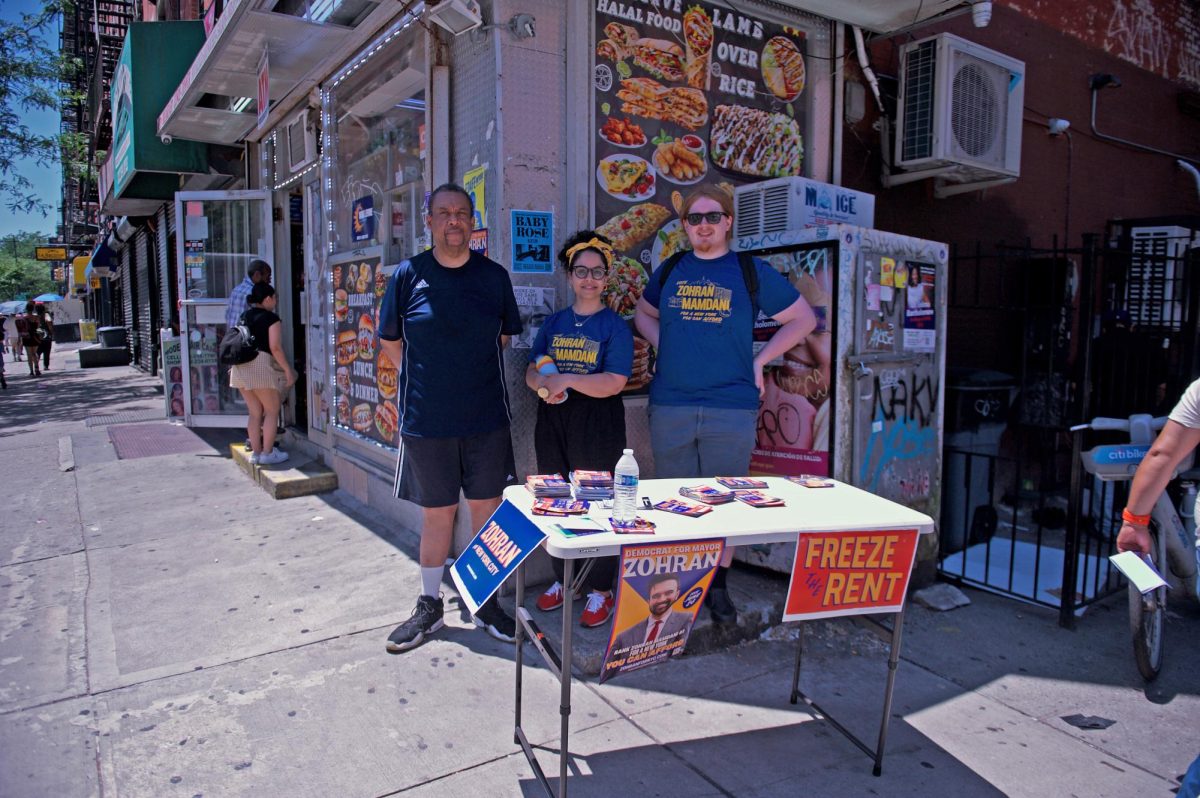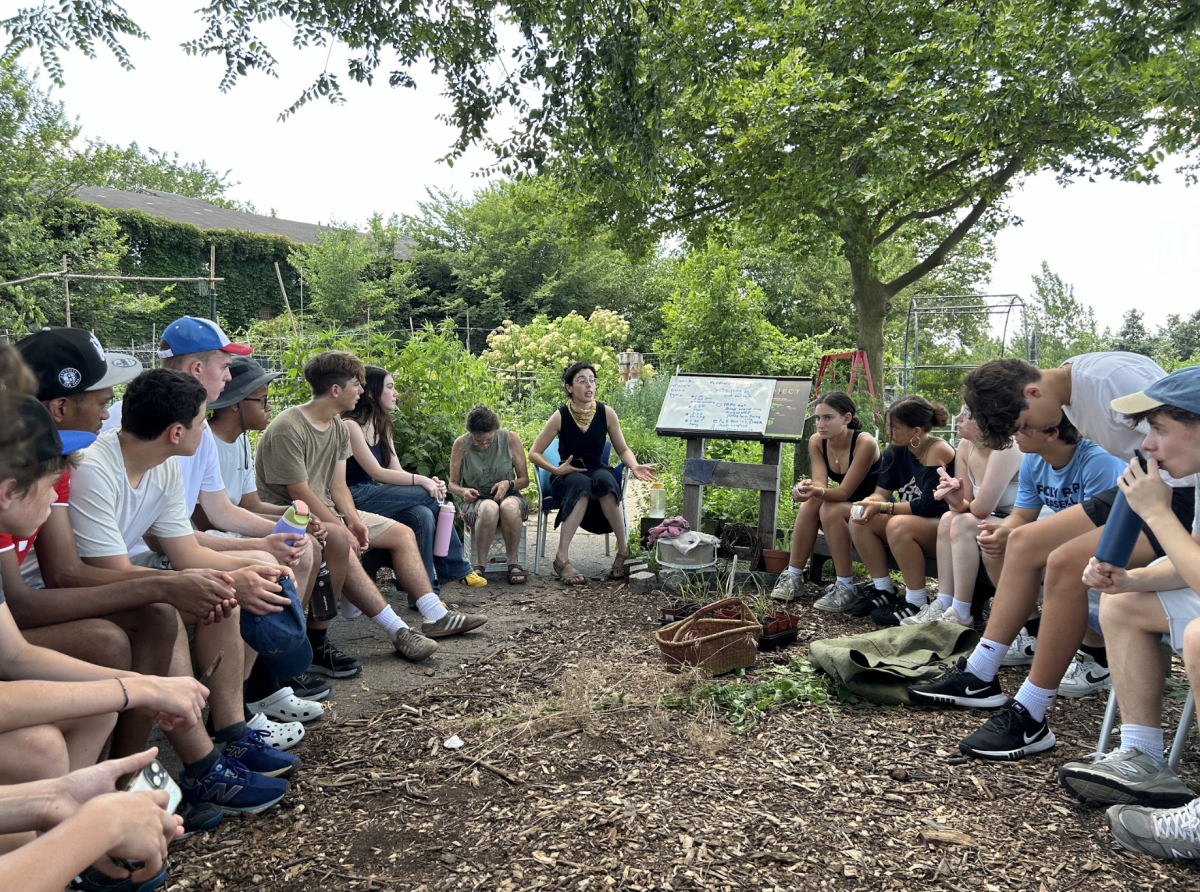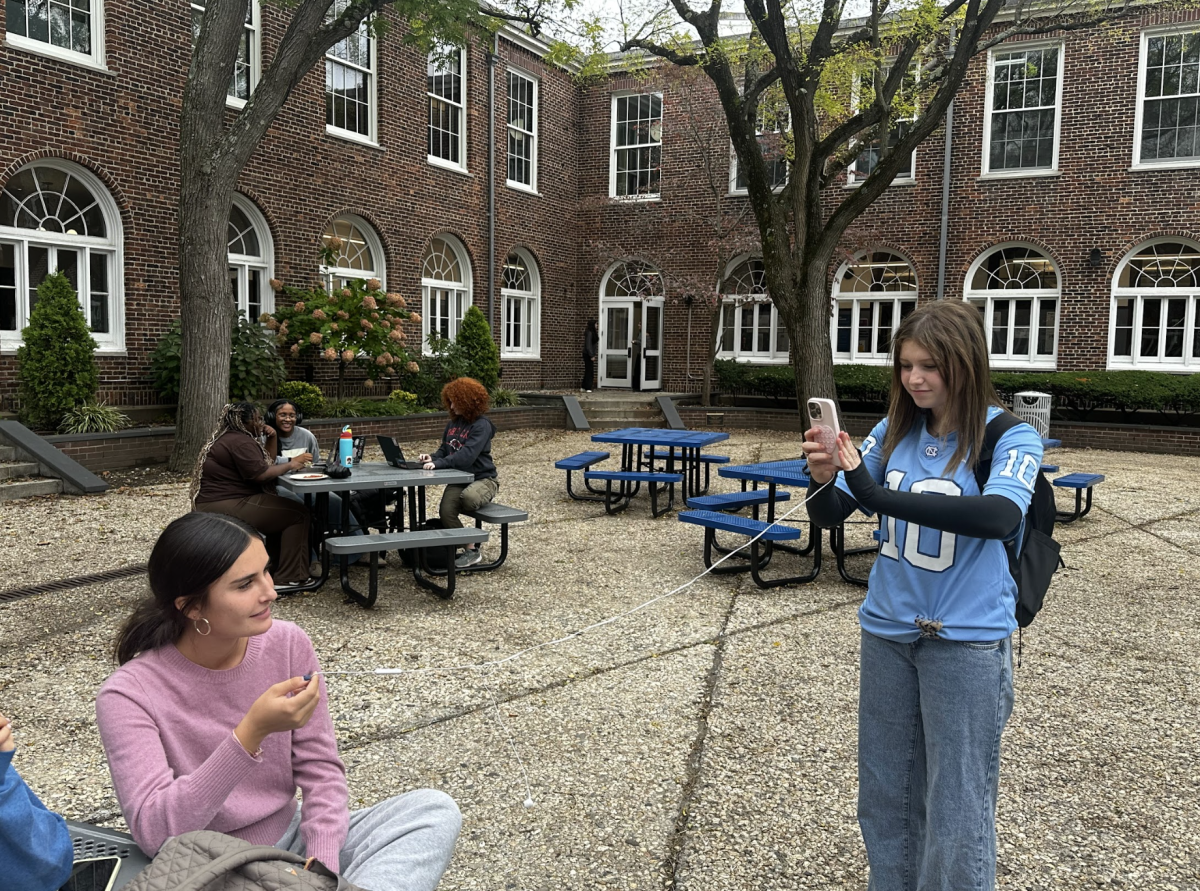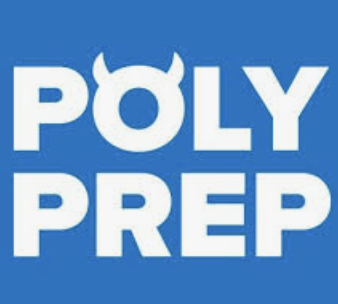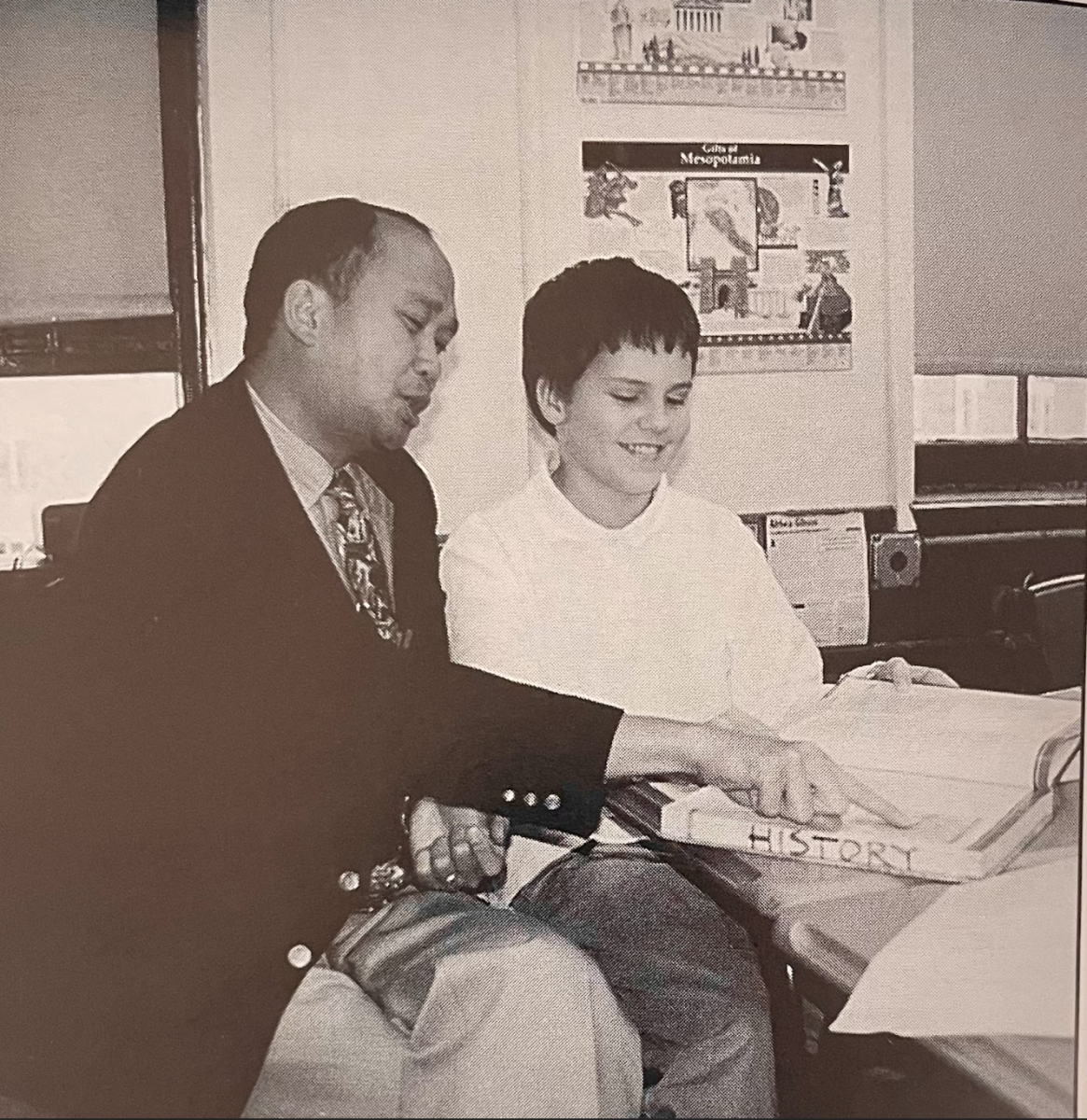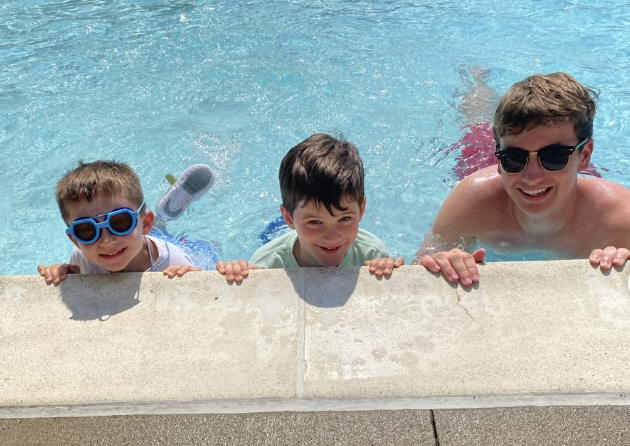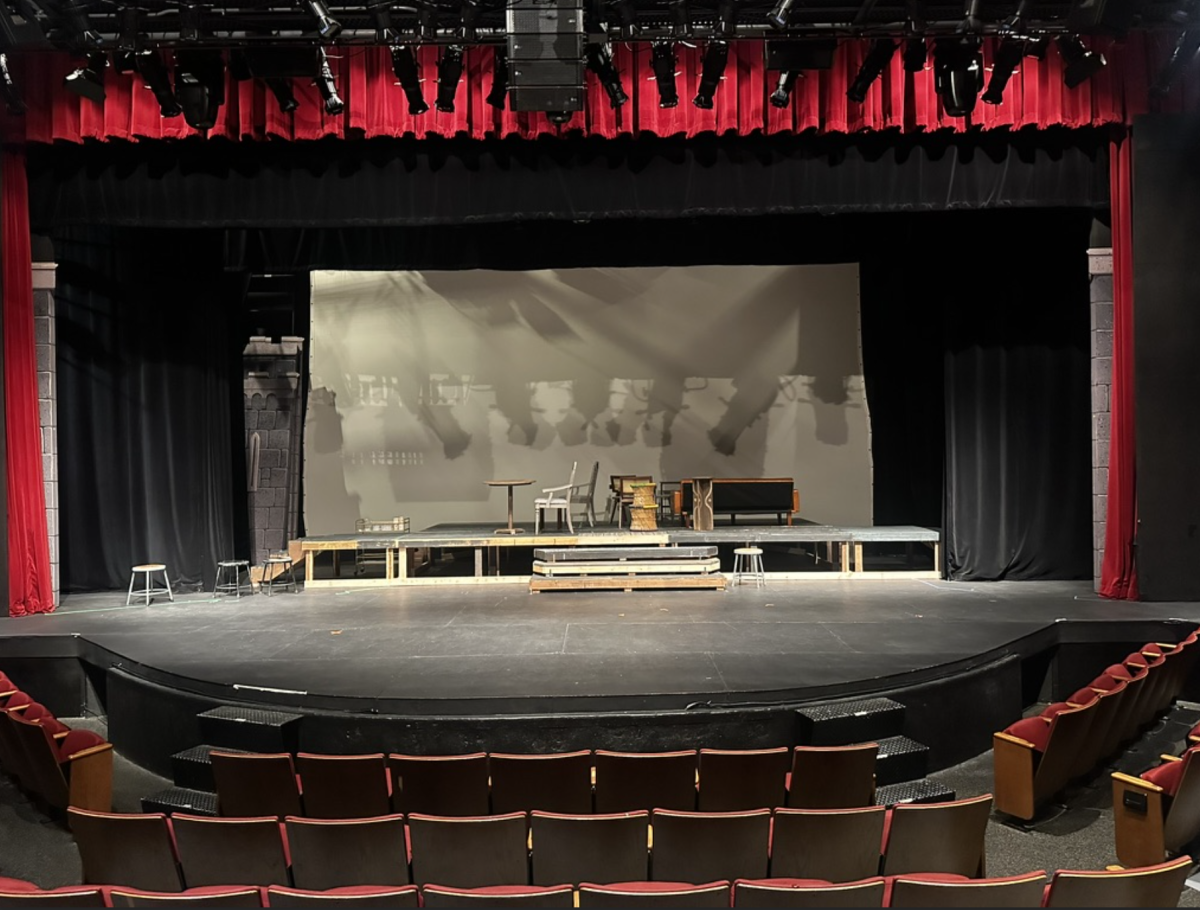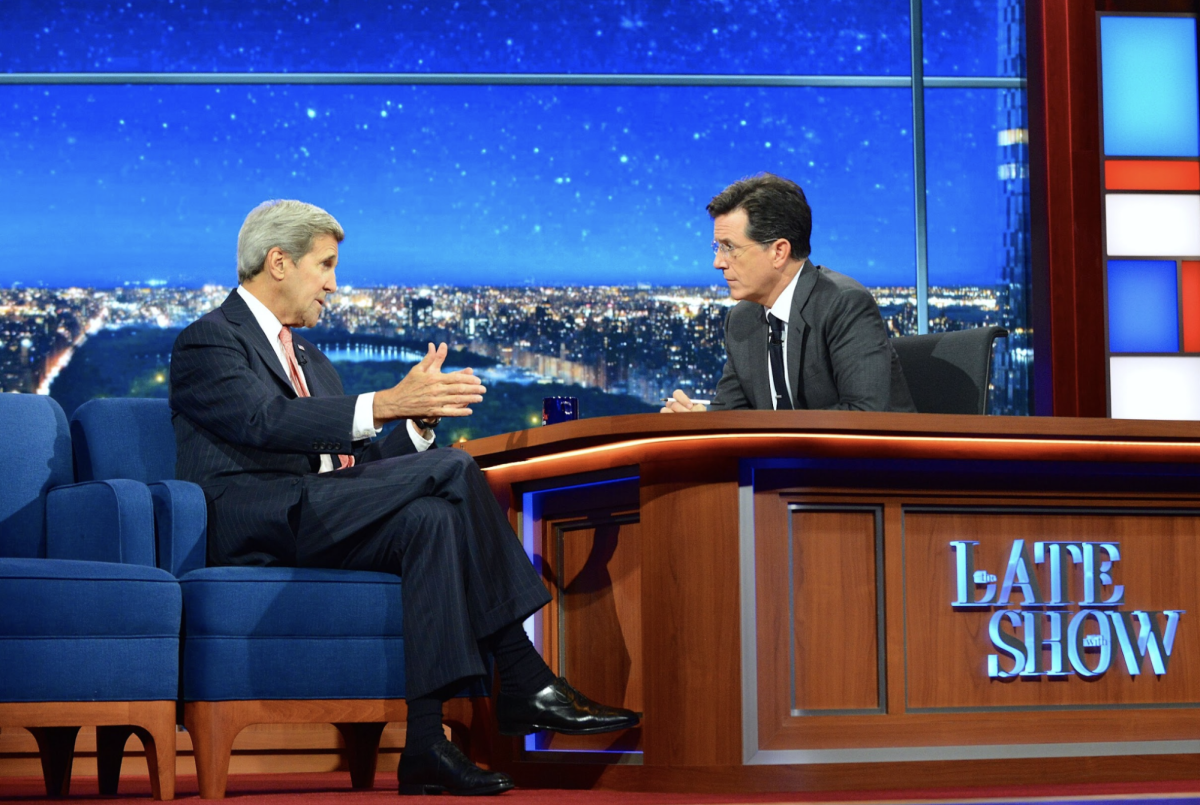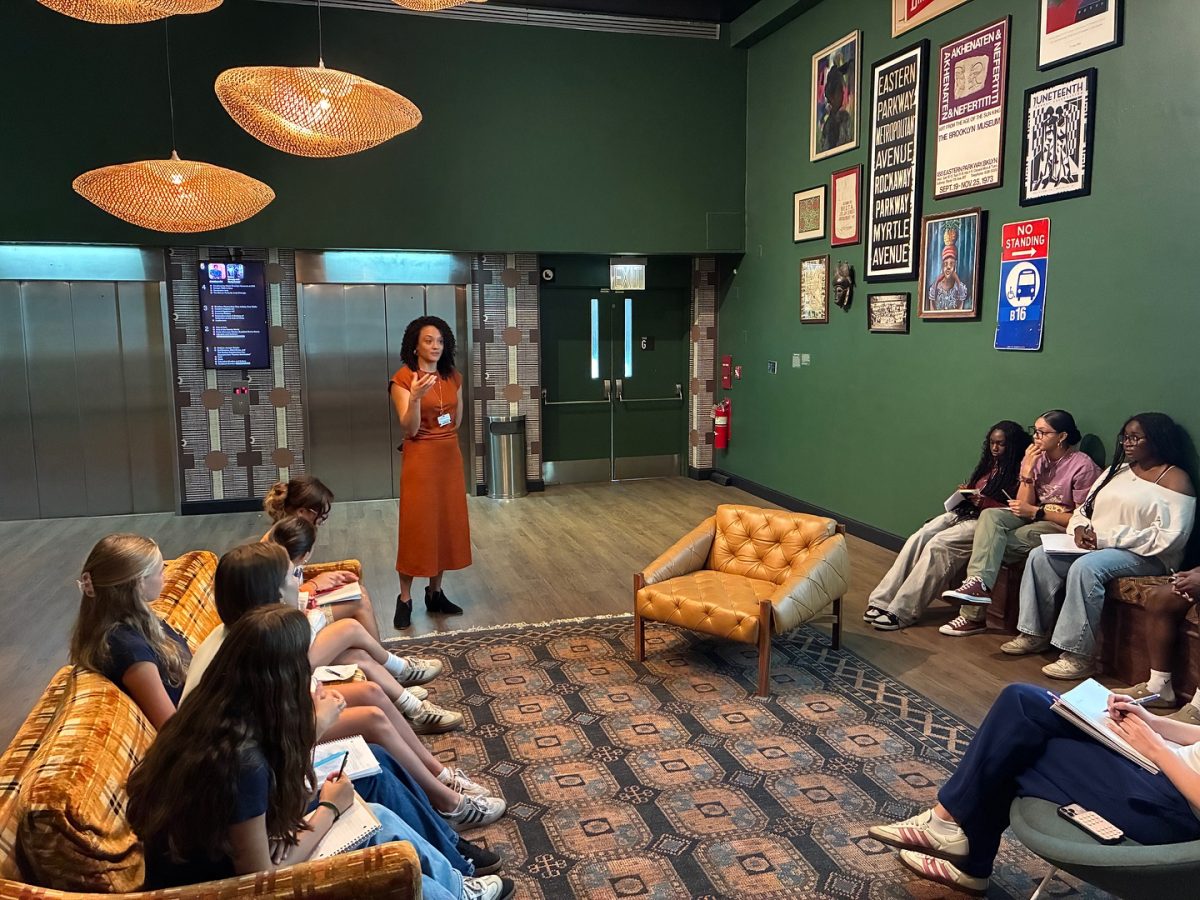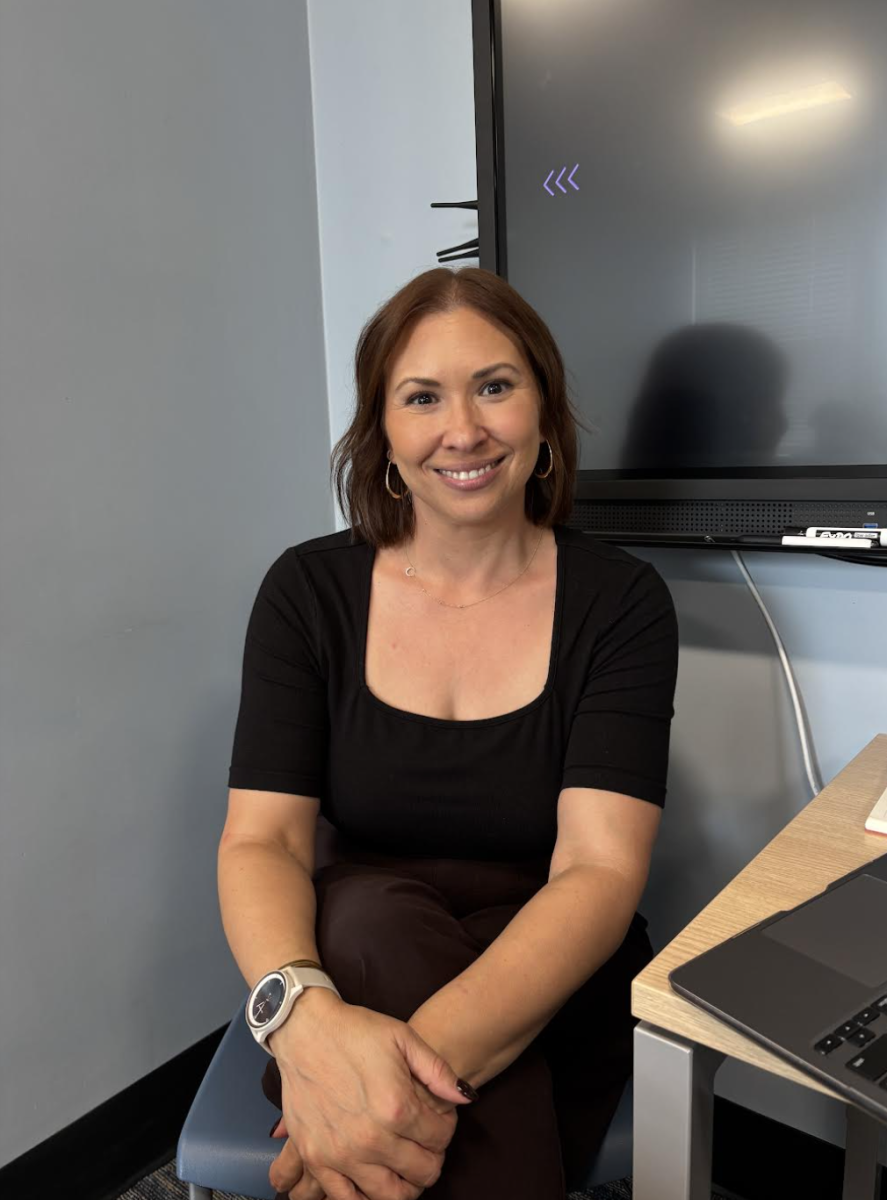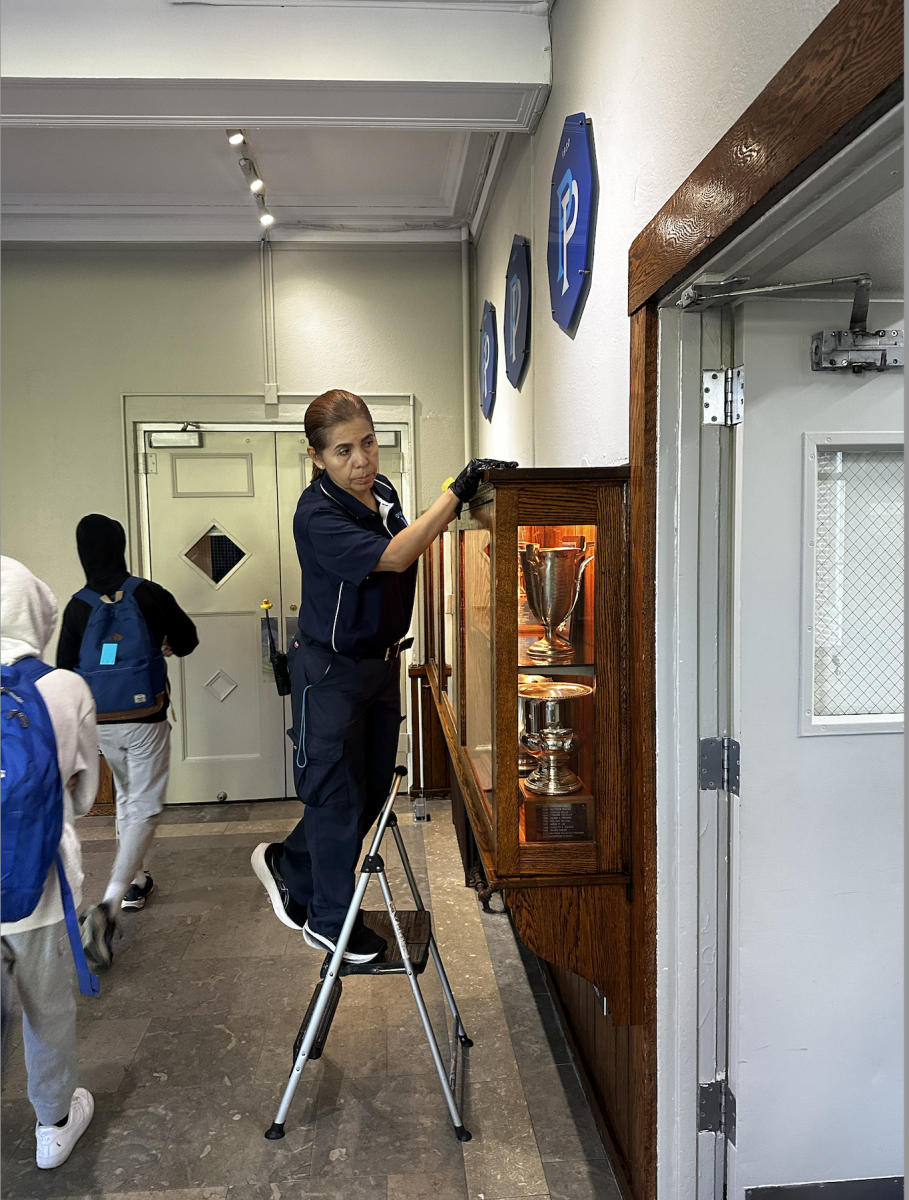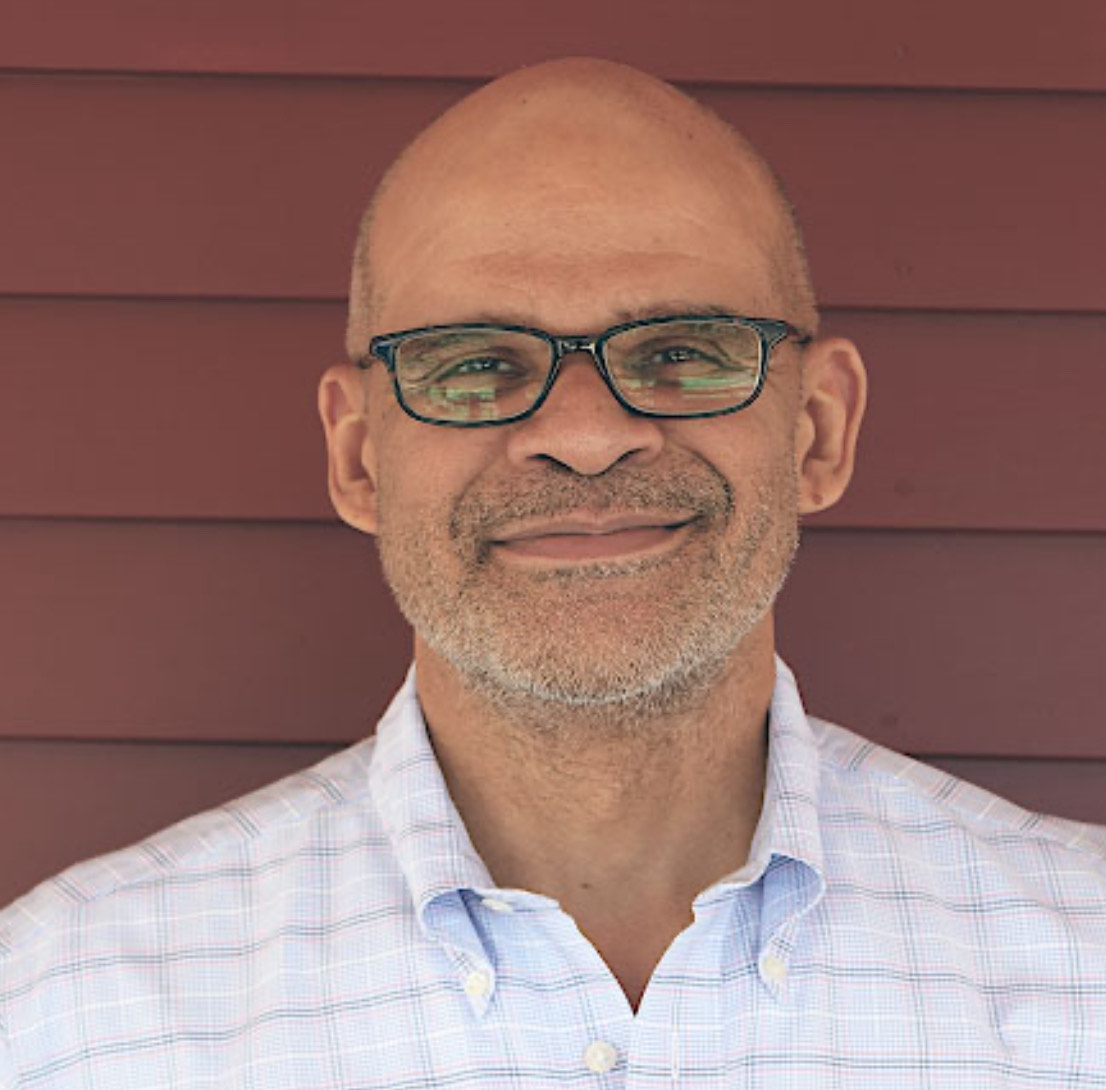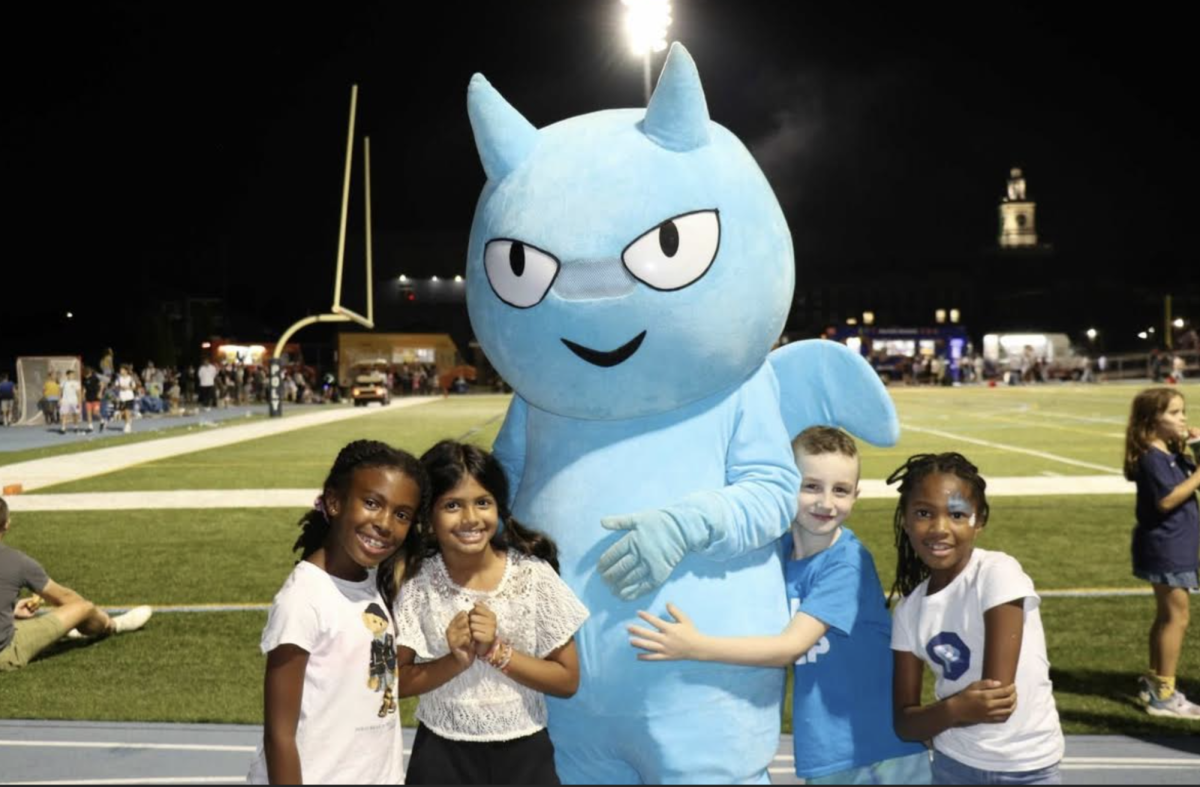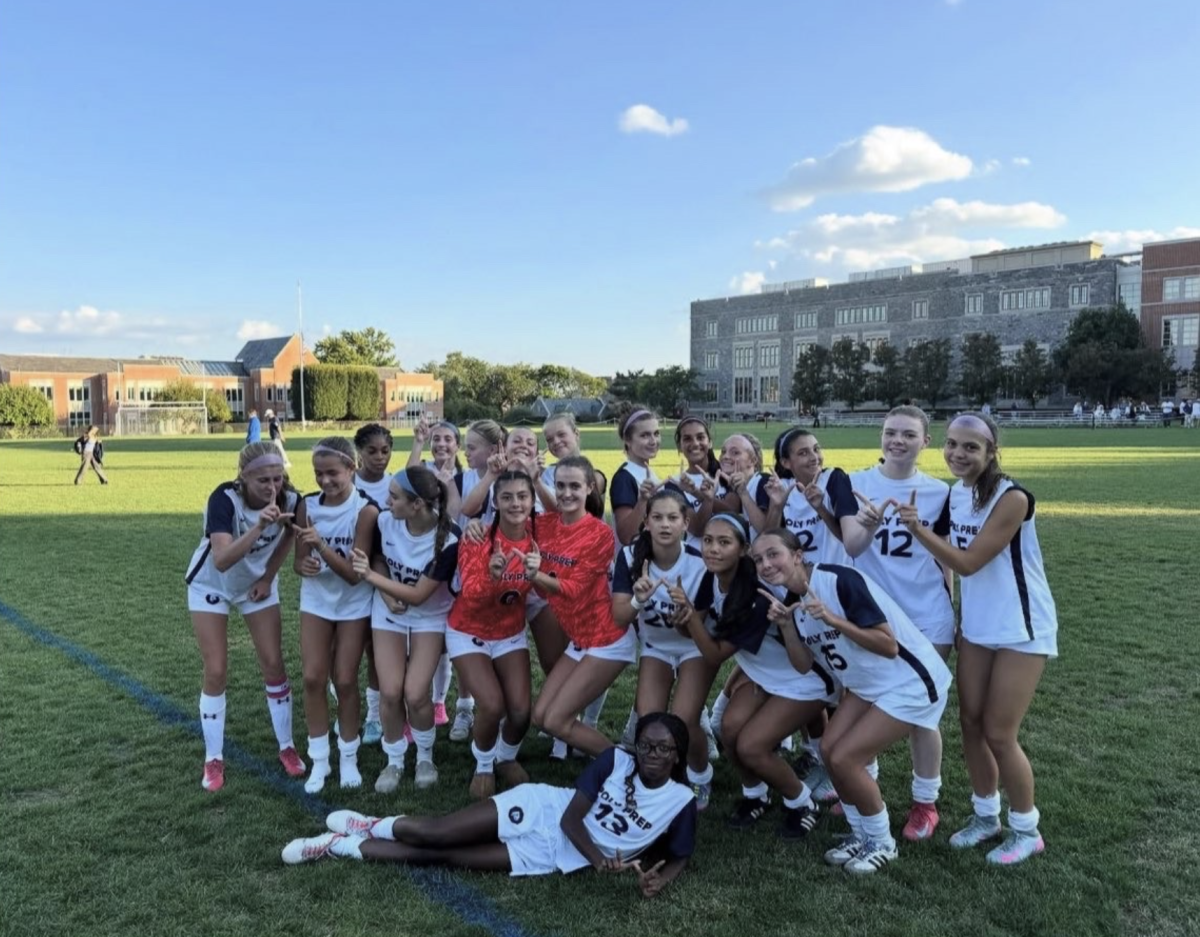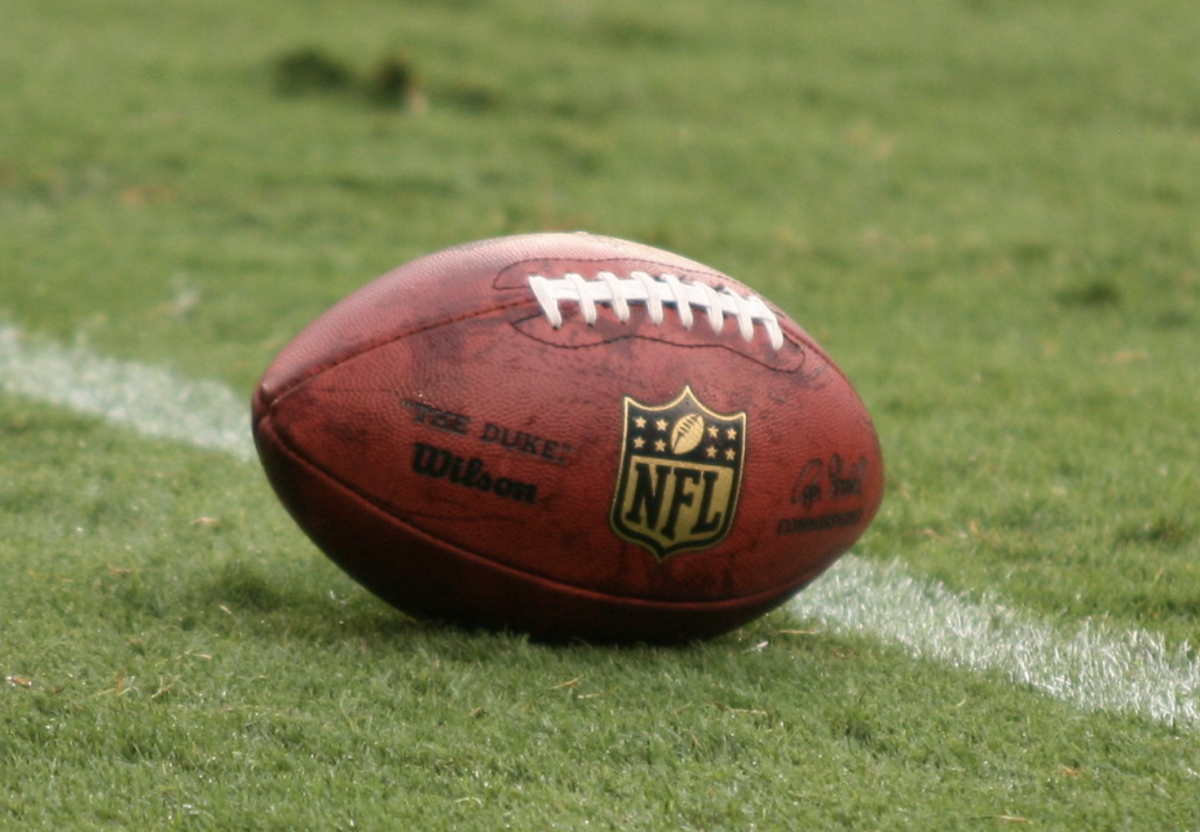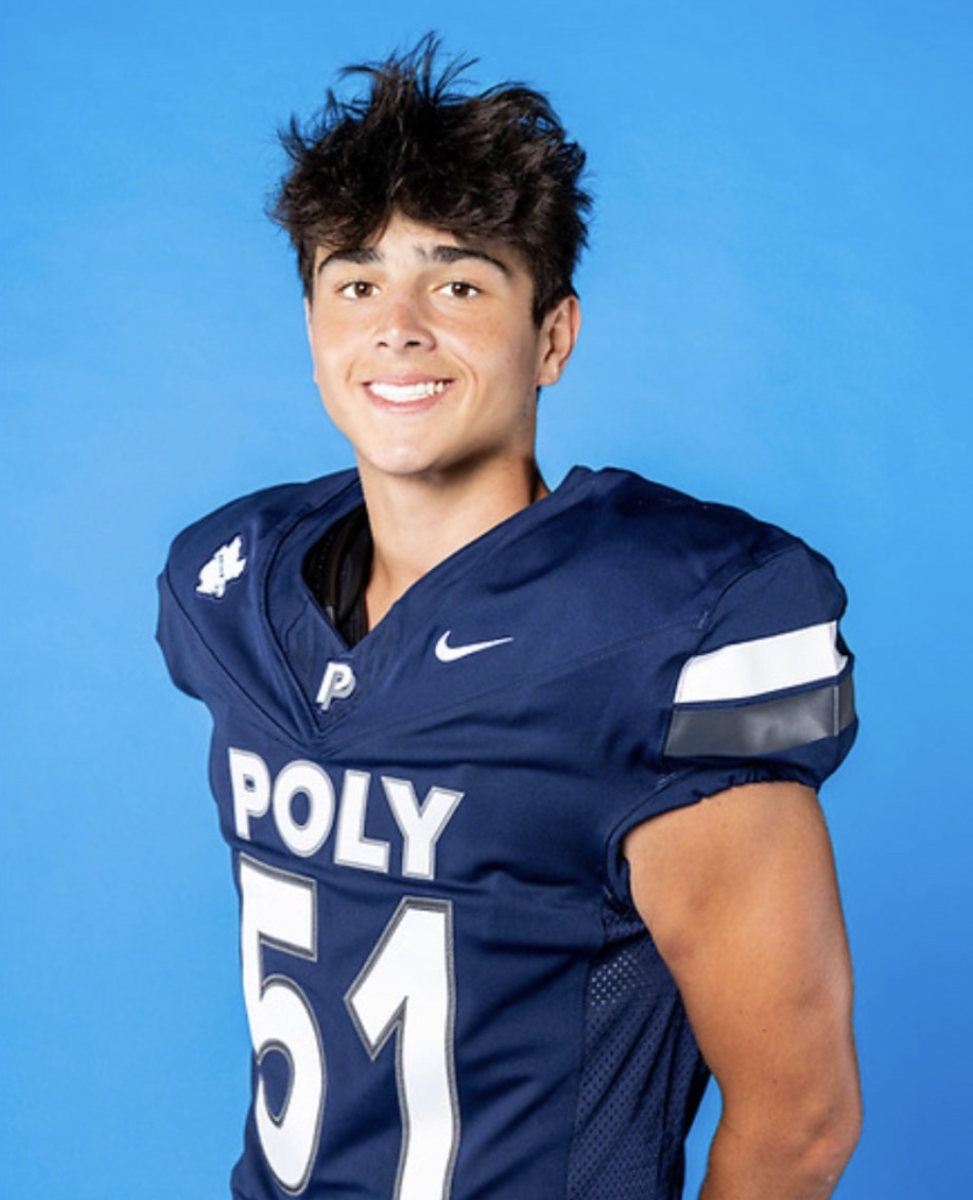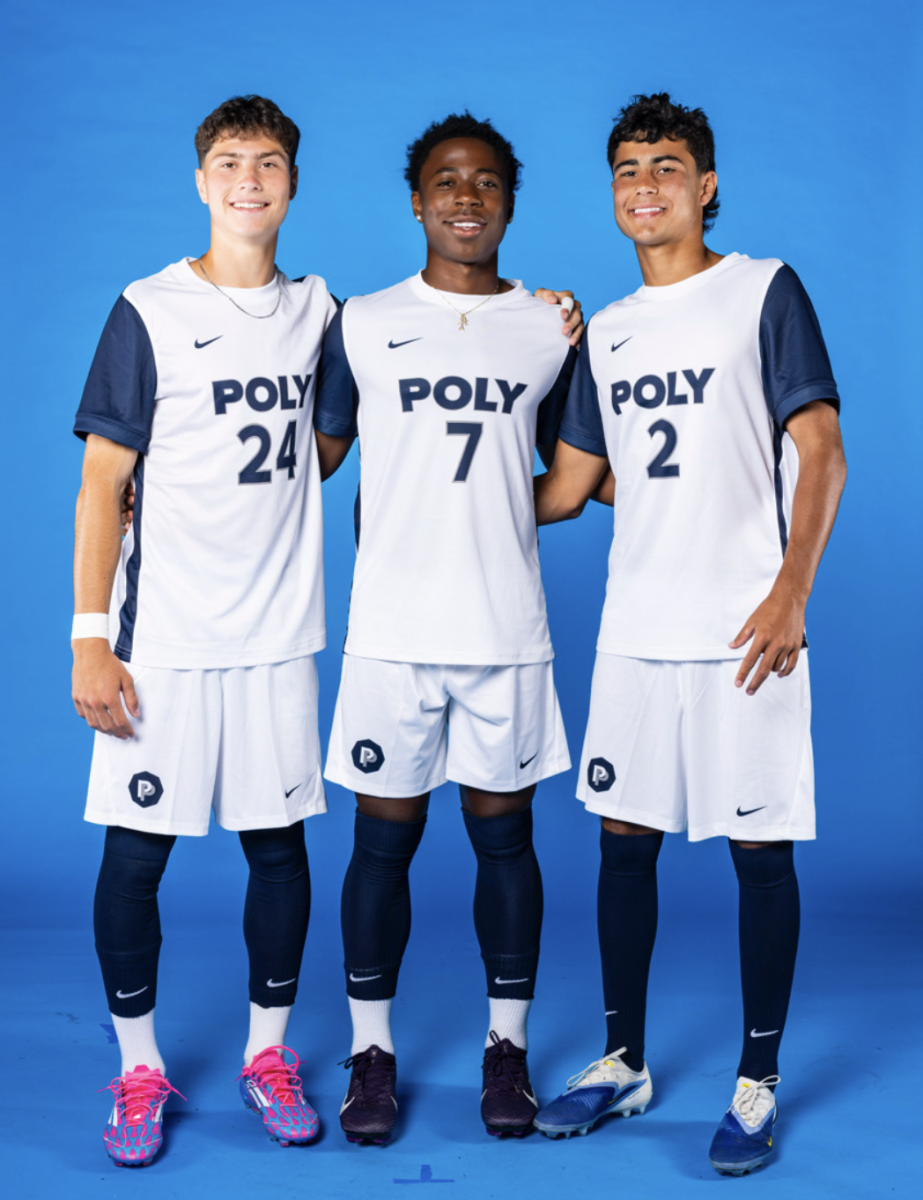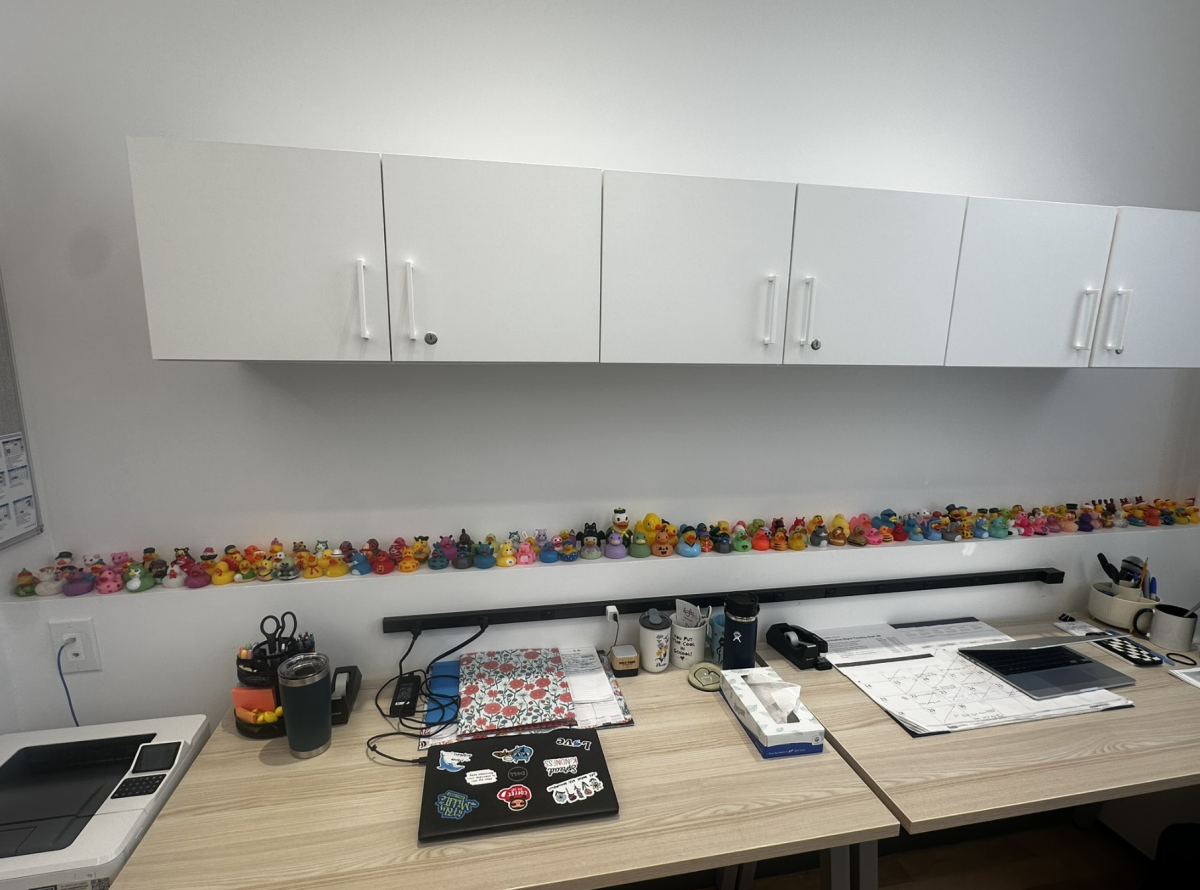A new rom-com series, Nobody Wants This, joined Netflix in time for the holiday season! Created by Erin Foster, starring Kristen Bell (Joanne) and Adam Brody (Noah) this new show covers the love story of two seemingly incompatible people with polar opposite lifestyles: one a rabbi and the other a podcaster. This series quickly rose to the number 1 ranking on Netflix just days after its premiere on September 26. What does their surprising compatibility say about our world today? How do these two separate lives find a way to intertwine?
On the surface, the two main characters’ major difference is their religion. Noah is a Jewish rabbi that represents his temple and was previously in a long term relationship with another member of the temple, Rebecca, whom his family was very fond of. Contrasting with Joanne, a “sex life” podcaster, non-religious christian, the obstacles that come with these lifestyles take forbidden love to the next level. As Hayley Hynes explains in her article produced by Blavity, Noah and Rebecca don’t immediately present the illusion that love can bridge every gap, as many other rom coms do, making it seem more realistic. Noah is presented with the choice between his dream job or Joanne, making forbidden love a real time decision rather than a later problem. On top of this Noah has to watch out for Esther (Rebecca’s best friend) and Bina (his mother) who are against inter-religious relationships in terms of long term partners. It is safe to say this couple has more obstacles than their own religious faiths. However, the ending scene of them reuniting gives hope that maybe love is enough to make a relationship work.
The dynamic between Noah and Joanne mirrors the complexities of relationships in the real world, especially when navigating cultural, religious, and societal expectations. Like Noah, people may find themselves at a crossroads where love and professional aspirations feel at odds. Similarly, Joanne’s journey reflects the struggle of those who may not conform to traditional beliefs but seek connection in a world that often places emphasis on compatibility through shared values. Their story shows that love is not always a straightforward path, and external pressures can be immense. Yet, the willingness to confront these obstacles and the hope that love can overcome differences is a universal theme that resonates deeply with many viewers. “You root for Joanne and Noah as the pressure on the relationship builds to a season-ending peak, with one or the other needing to make a life-changing decision to keep things going,” says Mike Hale, Reviewer for the New York Times. It serves as a reminder that while the journey may be complicated, relationships—whether romantic or otherwise—can evolve and adapt, offering hope for bridging divides in a way that feels both authentic and possible.
As the holiday season approaches, a time traditionally associated with family, togetherness, and celebration, Noah and Joanne’s story offers a timely reminder about the power of love in overcoming differences. The series highlights how, much like the season itself, relationships require patience, understanding, and compromise—especially when navigating contrasting beliefs and values. Just as the holidays bring together people of different backgrounds, perspectives, and traditions, Noah and Joanne’s journey reflects the hope that love can bridge even the gaps that seem insurmountable. In a world where divisions can feel more pronounced than ever, their story encourages us to embrace our differences, find common ground, and remember that, especially during the holidays, love is what ultimately unites us all.

